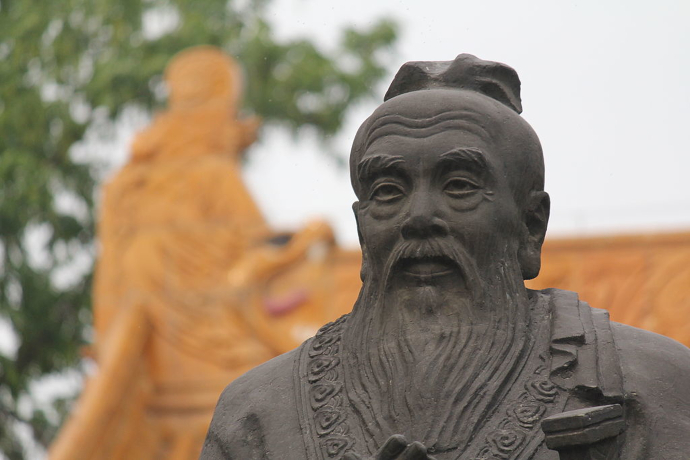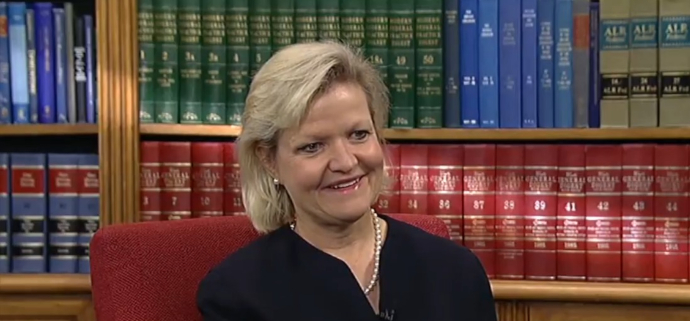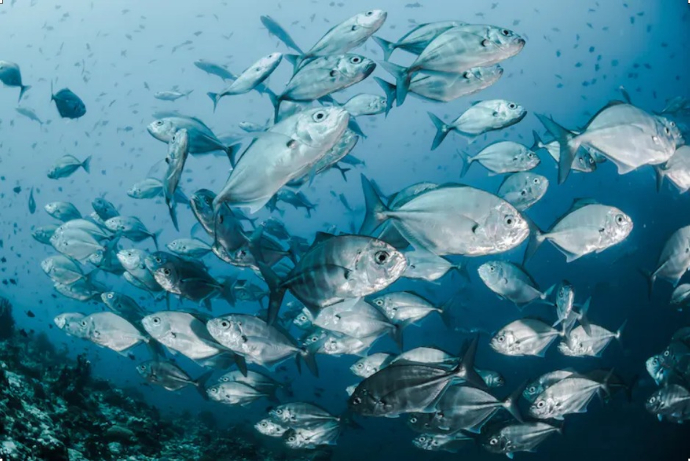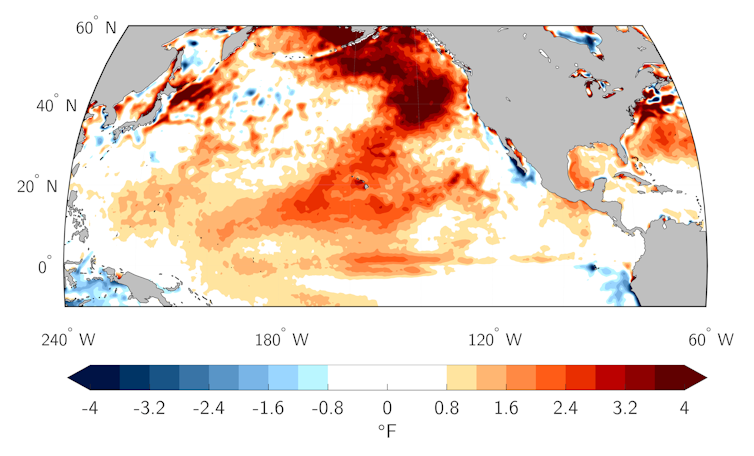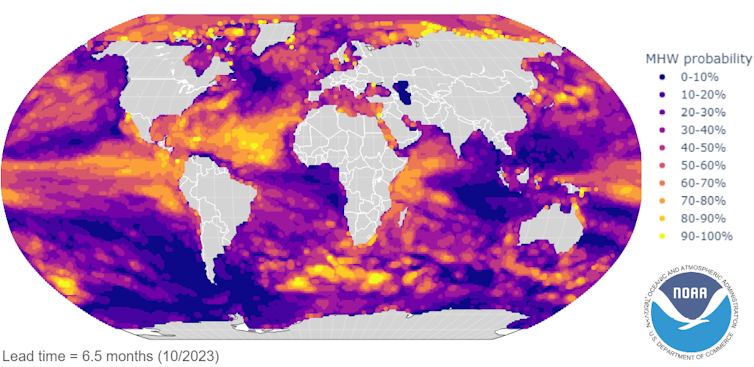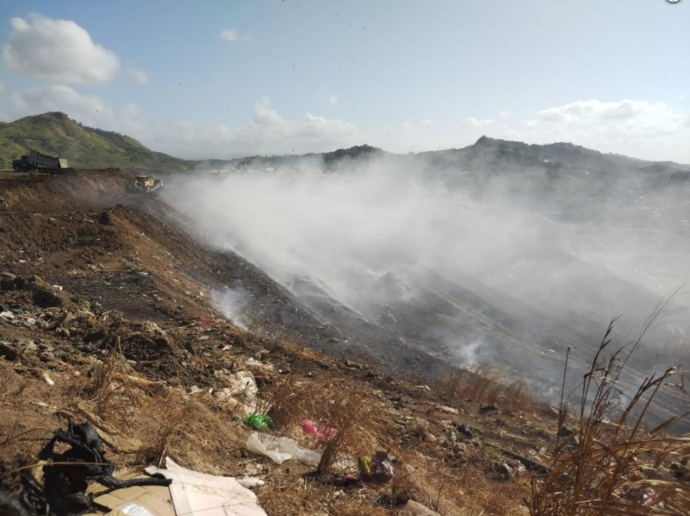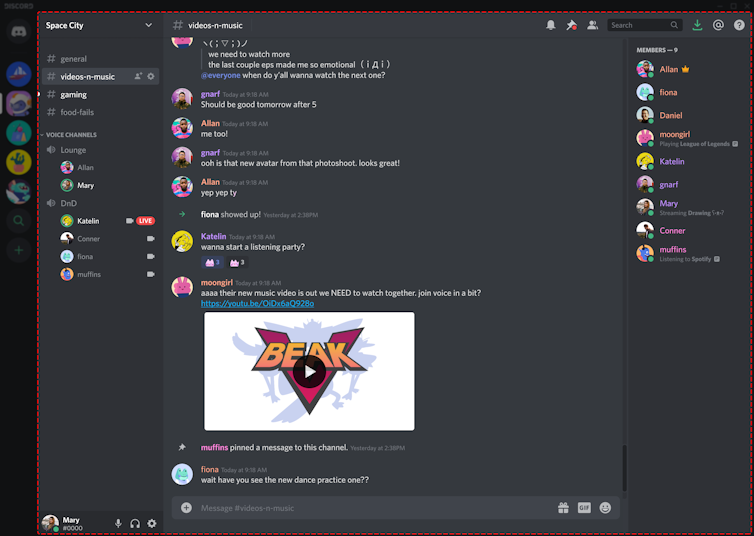The former Trump Ocean Club, the curved building on the center left. Archive photo by Eric Jackson.
Crumbling empires
Donald Trump and Ricardo Martinelli had a falling out over this place. Trump saw fit to put his name on a construction project in a locally notorious flood plain, he came to cut the ribbon with Martinelli one rainy season morning and the streets around it were underwater. The Donald blamed Don Ricky.
Title to the property and The Trump Organization’s management contract were lost in a US bankruptcy court and by operation of Panamanian laws protecting condo owners’ rights. They chiseled the Trump name off of it.
Trump and Martinelli still cherish dreams of political comebacks but they’re both on losing streaks, directly and indirectly. Trump propagandists Fox News suffered a huge defeat to their credibility when they were forced to settle a libel suit by the Dominion voting system company. Martinelli stands to lose his newspaper chain and his eligibility to run for president if he loses the New Business case, which is about the alleged diversion of public funds to buy the media properties that he turned into crud propaganda outlets.
Both Martinelli and Trump face onslaughts of multiple criminal cases this year. They both have annoying civil lawsuits against them as well. Their respective shrunken teams of acolytes are as loud and strident as ever — but it may be much worse for Trump as his crowd features nuts with guns who may add yet more violent incidents to the US political narrative.
So, what to do? Remain calm. Speak out in low voices. Insist upon equal rights — and duties — for all. Register and vote. Do not let Trump’s or Martinelli’s bullies shut you down.
History’s pages are turning. But when evil empires fall, it’s never a pretty sight and some people who didn’t deserve it are likely to be hurt by the falling rubble.
Insistent that justice be done as we ought to be, we should be looking beyond that to assert what we want ourselves and our countries to be. It’s not a game.
Responding to a smear. That it’s needed says many things about Panama these days.
The uninspiring run scared
Above we see the Lombana campaign play defense. Some sleazy online operative tried to link him to UNACHI rector Etelvina de Bonagas, a very unpopular public figure who aligns with the PRD. So one of Lombana’s friends responded in this way. The candidate himself avoided comment.
He’s running in single digits in most presidential polls, but former diplomat Ricardo Lombana, who ran for president as an independent last time, also shows lower negative ratings than all of those who are running ahead of him in the polls. So the usual suspects are going out of their ways to drag him into negativity pits.
Lombana has a party this time – Otro Camino – but does not appear to be ready to play the usual small parties game, wherein alliances are made on the basis of a negotiated division of political patronage spoils. We shall see if he can be elected without passing out goodies on the campaign trail.
He runs at a time when all of the established parties are discredited. He runs having served as a diplomat for both PRD and Panameñista administrations, as an attorney I a top corporate firm and as an editor at La Prensa. He had an internationally prestigious education. He takes social and economic stands that would mostly annoy the left, but stands for a new constitution that ditches political patronage and big money influence, both of these mainstays of the oligarchy’s power. He’s the sort of guy who when in the room with an ogre opponent, will be civil with the ogre.
The main Lombana advantage is that he comes along at a time when the leading proffered options are so horrible. “He stole but he got things done” versus a guy with a big fake smile from whom you’d expect an offer of a “heads I win, tails you lose” coin toss. It’s a unique moment and traditional politicians and power brokers are afraid of him.
Consider. If you have to attack Lombana for being cordial with Martinelli, if you have to stick PRD sleaze to his name and reputation, if based on old associations rather than his behavior it’s alleged that he’s some sort of grifter, these are signs of weakness.
It will be sometime early next year when we see who is running and which alliances have been made. THEN The Panama News may consider whom, if anyone, to endorse. However, in the here and now Mr. Lombana’s campaign is deeply impressive when one looks at those who are moved to destroy it before it gets off the ground.
Sculpture of Confucius in Nanjing. Wikimedia photo by Kevin Smith NYC.
Before you embark on a journey of revenge, dig two graves.
Confucius
Bear in mind…
Religion without humanity is poor human stuff.
Sojourner Truth
You can discover what your enemy fears most by observing the means he uses to frighten you.
Eric Hoffer
The aim of totalitarian education has never been to instill convictions but to destroy the capacity to form any.
Hannah Arendt
Contact us by email at fund4thepanamanews@gmail.com
To fend off hackers, organized trolls and other online vandalism, our website comments feature is switched off. Instead, come to our Facebook page to join in the discussion.
These links are interactive — click on the boxes



